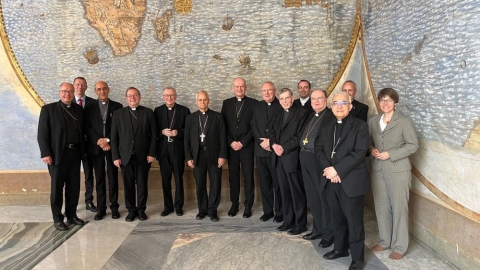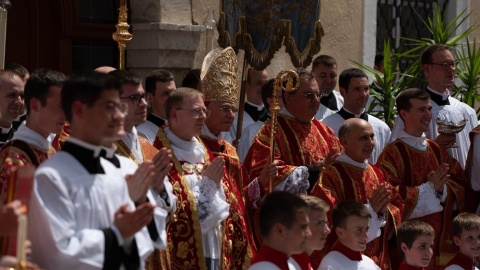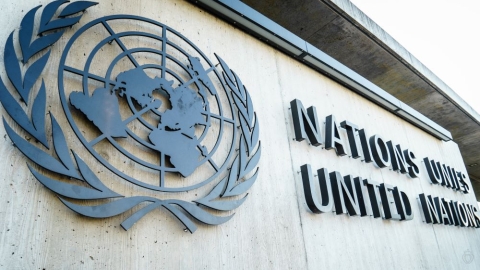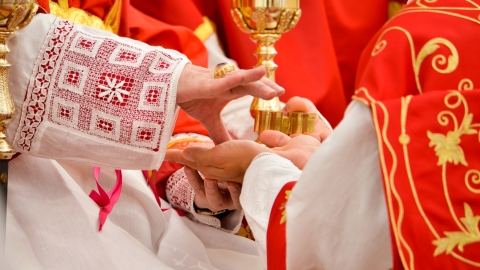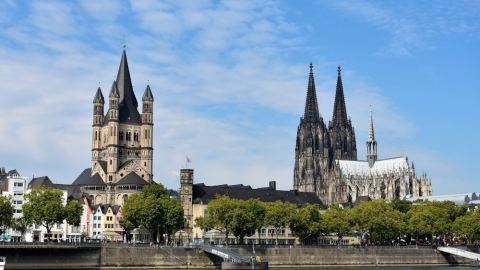The participation of women in ecclesial and social life: “an inescapable challenge”

On February 7, 2015, Pope Francis received the members of the Plenary Assembly of the Pontifical Council for Culture, the theme of which was “Women and Culture: equality and difference”. This is a theme dear to the Supreme Pontiff, as he said during the audience, adding that “it entails studying criteria and new methods in order that women may not feel like guests, but full participants in the various spheres of society and Church life. The Church is woman, she the Church, not he the Church. This challenge can no longer be deferred.” -- Instead of these considerations about grammatical gender, Tradition speaks about the Church as the “Bride of Christ”.
The complementarity between men and women must not be approached ideologically, Francis insisted, because “the lens” of ideology prevents us from seeing reality correctly, Vatican Radio reported. “For quite some time, at least in western societies, the model of woman's social subordination to man has been surpassed; it is, however, an age-old model that has never completely exhausted its negative effect.” And although the model of pure and simply parity, of absolute equality is outmoded, the Supreme Pontiff continued, it must be recognized that men and women “possess an identical nature, but each with its own modality. One is necessary for the other, and vice versa, for they truly complete the fullness of the person.”
The Pope encouraged the contribution of women in the family, in teaching the faith, in pastoral activity and in social, cultural and economic life. “You women know how to embody the tender face of God, his mercy, which is translated into a willingness to give time rather than to occupy space, to welcome rather than to exclude. In this sense, I like to describe the feminine dimension of the Church as the welcoming womb which regenerates life.”
Finally, Pope Francis reiterated his conviction that there is a need to offer women places in the life of the Church and to welcome them, while taking into account specific cultural and social sensibilities. “A more widespread and incisive presence of women in communities is desirable, in order that we may see many women involved in pastoral responsibilities, in the accompaniment of people, families and groups, as well as in theological reflection.”
The Church therefore has internal work to do in order to be open to a wider feminine presence; the Church must also become a transformative engine for society as a whole, so that women can be integrated into social life without necessarily renouncing motherhood, the Pope pointed out, however. “It is, moreover, a matter of encouraging and fostering the effective presence of women in many areas of the public sphere, in the world of work and in places where important decisions are made, and at the same time maintaining their presence and preferential and wholly special attention in and for the family.... [A]ll institutions, including the ecclesial community, are called to guarantee the freedom of choice of women, so they may have the opportunity to assume social and ecclesial responsibilities, in a manner in harmony with family life.” The Pope hardly quotes Saint Paul in this address. Were the Epistles of the Apostle to the Gentiles ideological lenses of the age-old Western model that he castigates? In any case, we can be certain that the progressive feminists will be able to exploit his words to demand responsibilities in the Church... even as far as the altar.
(Sources: vis/apic/radiovatican/imedia – DICI no. 311 dated February 27, 2015)

